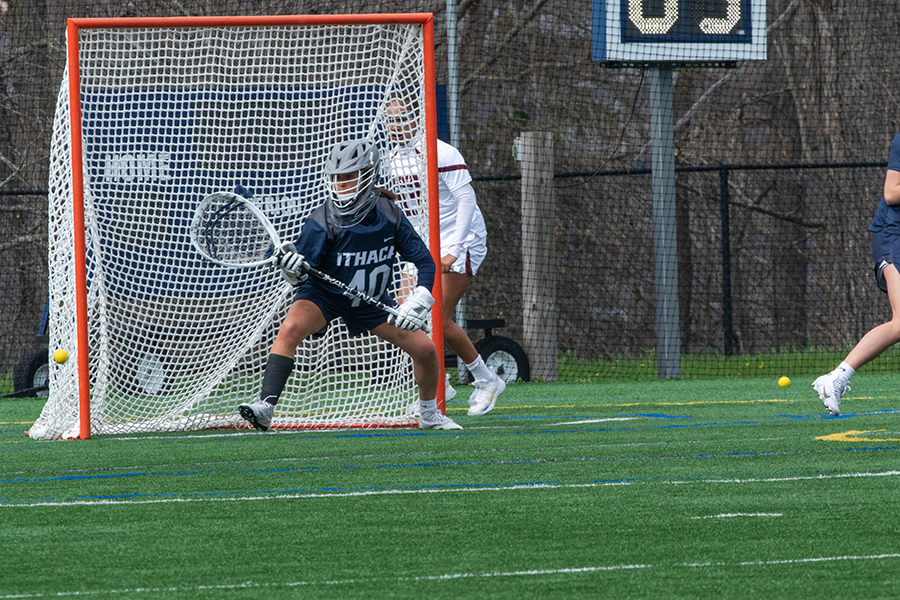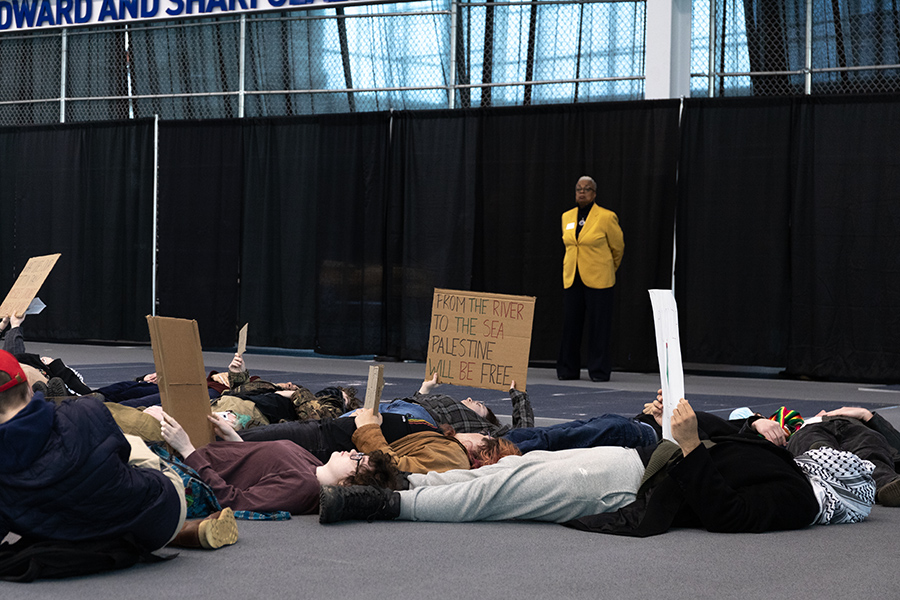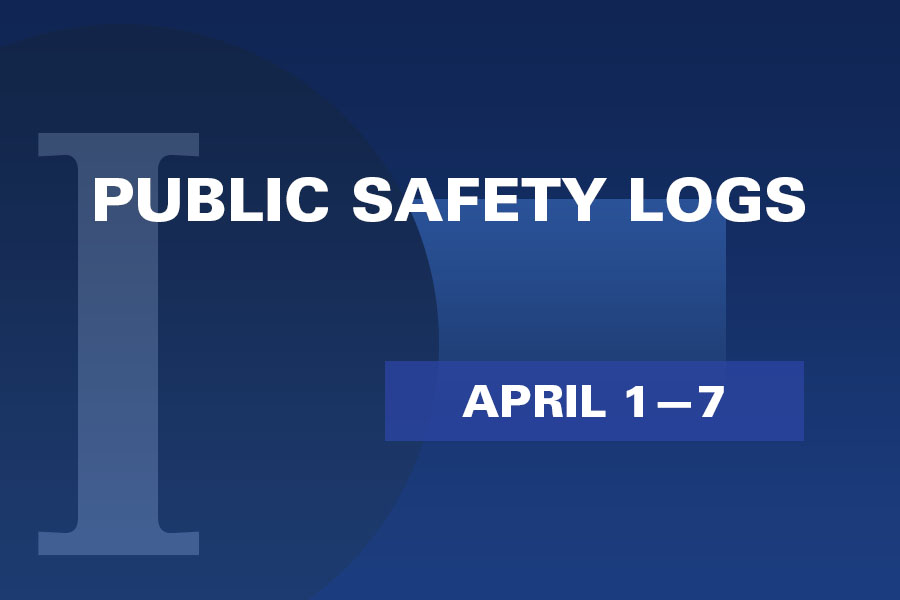The American Association of University Professors released a comprehensive report April 13 on faculty salaries at higher education institutions, showing the first single-digit increase since the Great Recession while arguing that they are still underpaid. Meanwhile, Ithaca College faculty have fallen above the national average in increases while remaining within the average salary ranges.
Despite the 1.4-percent increase in faculty salaries nationally over the past year, the AAUP reported that, adjusted for inflation, faculty are making about the same amount as they did six years ago at the onset of the recession.
Ithaca College faculty experienced a slightly better salary raise than the national average that year, with 1.75 percent of the college’s operating budget allocated for the general merit pool and 0.75 percent for additional merit for 2014–15, the year recorded by AAUP. This year, the merit pool was decreased to 1.5 percent, but with another 0.5 percent for additional merit for 2015–16.
Full professors at the college earn an average of $99,100, whereas associate professors earn about $78,500 and assistant professors make an average of $63,700, according to a survey of professors’ salaries for 2013–14 conducted by the AAUP.
Nationally in 2013–14, full-time professors at four-year private colleges made $115,889, associate professors earned $78,243 and assistant professors made $64,195. Among all colleges in New York state, the figures average to $116,045 for full-time, $80,652 for associate professors and $65,377 for assistant professors.
Peter Rothbart, professor of music theory, history and composition and chair of the Faculty Council, said the AAUP figures for average professor salary are “too generalized,” but the faculty still isn’t being paid enough for its work.
John Barnshaw, senior higher education researcher at AAUP, said the figures it reported are averages, and that he understands there are professors who make more or less than the average.
He also said in most colleges in New York state, the full-time faculty are overworked and underpaid. He said a professor at Marist University he interviewed was earning the salary equivalent of $17 to $20 per hour.
“The faculty is working 60, 70, sometimes 80 hours a week,” Barnshaw said. “If you think about someone who’s working in a professional environment with a doctoral degree, $17 to $20 is a relative bargain in terms of the level of technical expertise you’re hiring.”
Gerald Hector, vice president for business and finance, said the college evaluates itself among comparative institutions around the country in determining faculty pay, falling around the averages.
“At the end of the day, we’re managing an enterprise, and in managing an enterprise, we have to use standards and benchmarks in order to figure out where things are,” he said.
Rothbart said he doesn’t feel faculty members are being compensated for the extra work they have to do with the Integrative Core Curriculum.
“The increasing demands on our time and our energies brought about by ICC and the constant change on campus is not being reflected in the pay increase we get,” Rothbart said. “You can’t have a college of the first order with paying salaries that are median. Median salaries and increased workload equals median-level work.”
He said the faculty has tried to ask for higher wages but has limited bargaining power, partly because the full-time faculty cannot unionize under the Yeshiva Decision.
“We can advocate as strongly as we can, and we can make the case of how hard we are working, the extra responsibilities that are being put upon us, and then it’s up to the people in charge,” Rothbart said “At the point, it becomes an employee-employer situation.”







